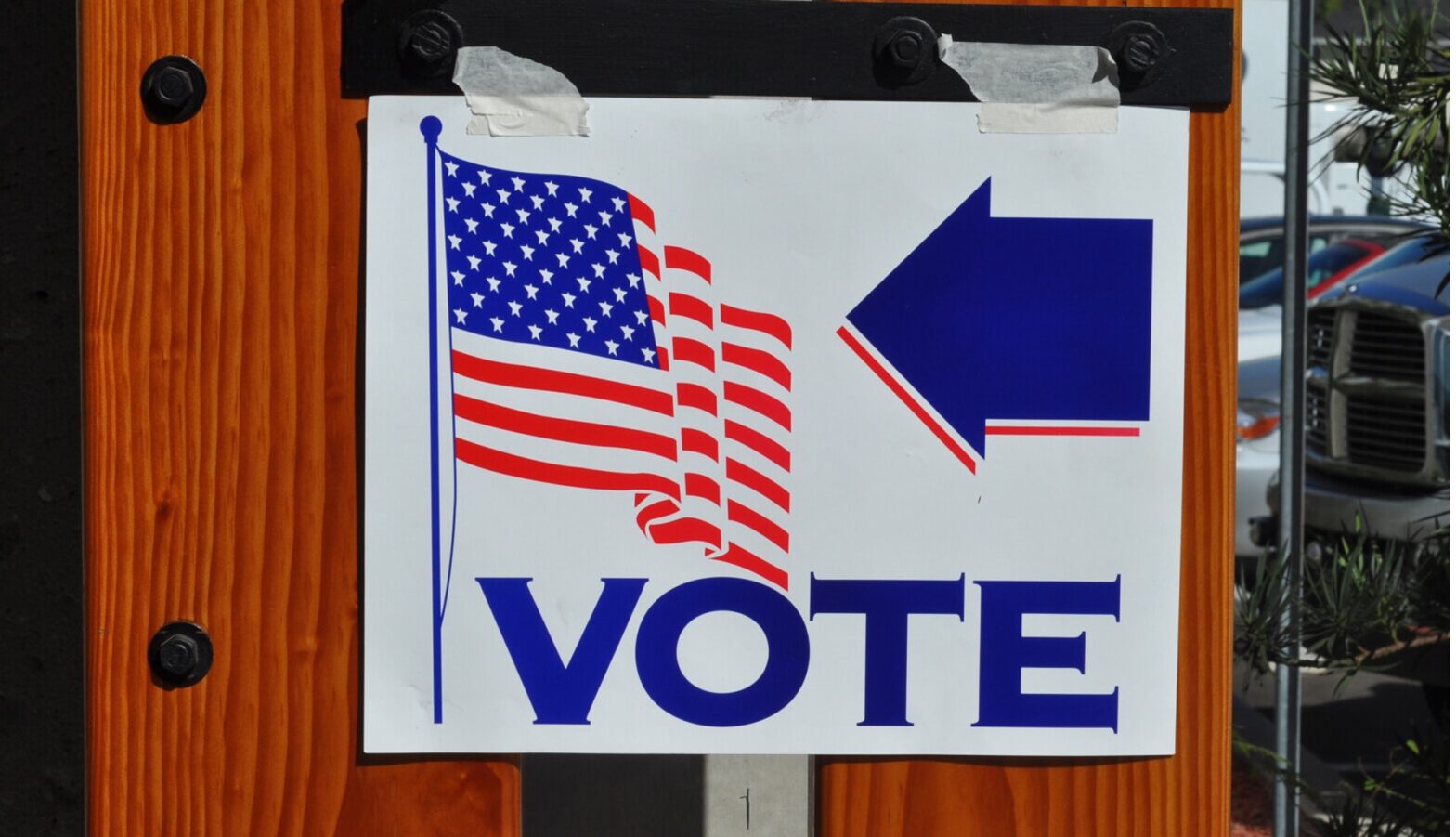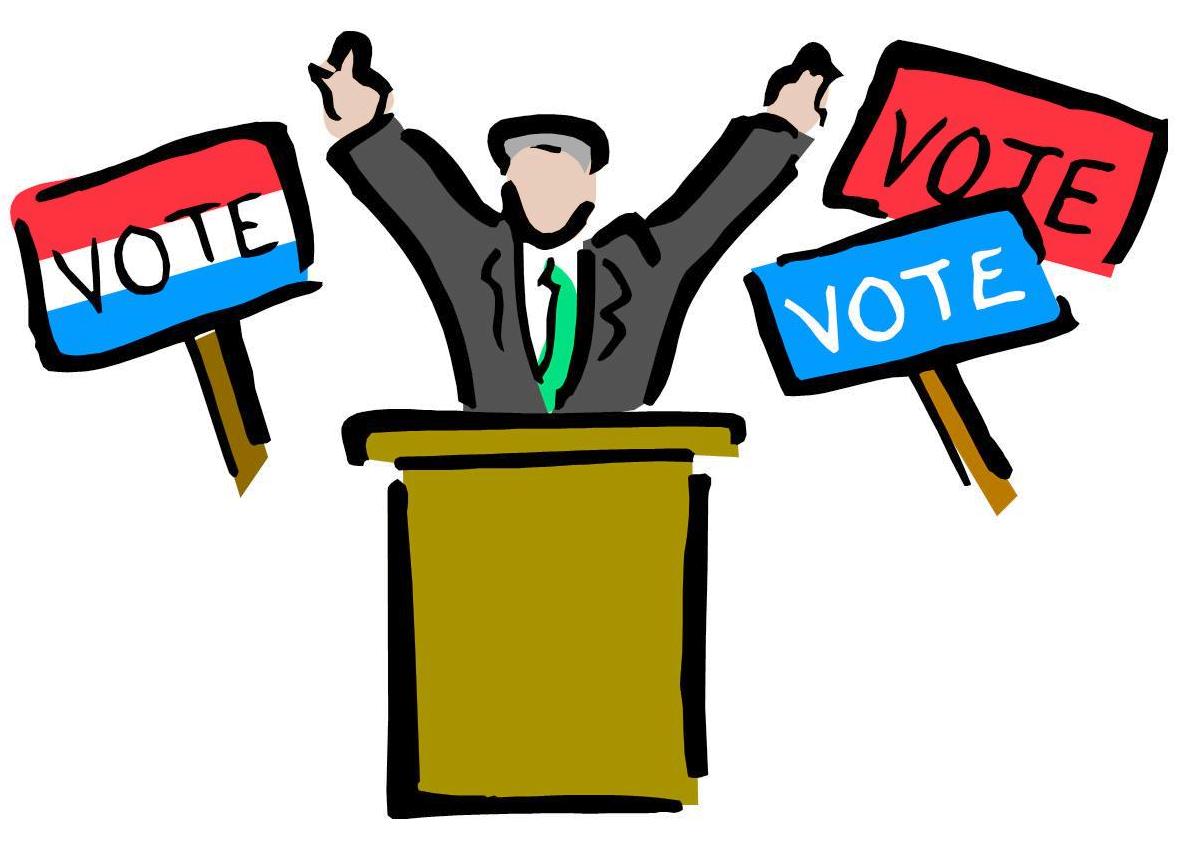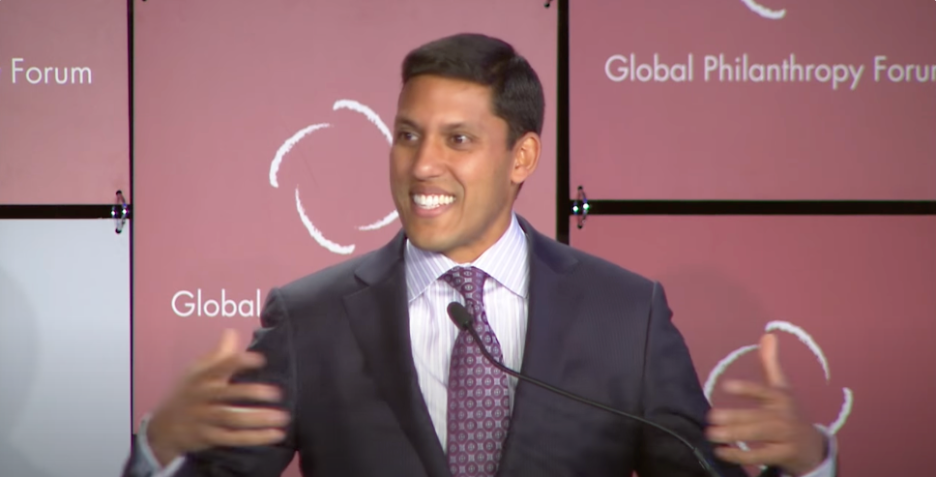This year’s election demands greater scrutiny of nonprofits involved in political activities.
The below column, republished with permission, originally appeared in The Chronicle of Philanthropy on January 18, 2024.
***
If you’re like me, you probably received at least one end-of-the-year solicitation last month that explained how you could make tax-deductible donations to voter mobilization groups in key states and, in the process, help flip the House of Representatives to Democratic control. If this sort of advice is being given so openly, one can only imagine what tax and legal advisors are telling their clients in private about supporting groups whose activities might cross the line into partisan politics.
It seems likely that the politicization of the nonprofit world will only grow in importance this year as a central element of 2024 election strategies. Many election-related activities may be legal under current law, but greater transparency is needed into who funds these groups and how they operate. In this deeply political year, it’s time to step up efforts to curb the politicization of the nonprofit sector. Without such changes, trust in the field is likely to further deteriorate.
While the regulations governing 501(c)(3) organizations allow nonpartisan voter-registration and education efforts, political campaign activities are clearly prohibited. However, smart lawyers and weak enforcement by the Internal Revenue Service have blurred the line between charitable and political activities.
The Supreme Court established in 1976 that significant contributions to partisan political activities must be disclosed to the IRS and the public. Although 501(c)(3) organizations must also report the names of their donors to the IRS, they unfortunately aren’t required to keep the larger public in the know. And 501(c)(4) groups, which can work on more overtly political activities, don’t even need to disclose donor information to the IRS. As a result, many nonprofits may be engaging in the kind of “dark money” tactics that have come under scrutiny in recent years by politicians and others.
In the 2020 and 2022 election cycles, billions of dollars were spent on voter-registration, mobilization, and education efforts conducted by nonprofit organizations. According to Candid, foundations alone gave more than $2 billion for a range of election-related activities from 2019 to 2022.
Such patterns are already playing out in the run up to the 2024 election. For example, as part of a $130 million initiative, the Southern Poverty Law Center and the Community Foundation of Greater Atlanta recently awarded 68 organizations grants of $50,000 to $500,000 for voter outreach and civic engagement work in Southern states. Other donors undoubtedly are giving even more. During the 2020 election, for instance, the Chan-Zuckerberg Initiative gave $400 million to local and state governments for election administration.
Some of this work is primarily focused on ensuring a healthy American democracy. However, a significant portion of funds is also likely supporting partisan political causes. At a hearing last month on Capitol Hill, the Oversight Subcommittee of the House Ways and Means Committee heard testimony on funding of American nonprofits engaged in political and lobbying activities. Conservative and liberal experts expressed concern about the politicization of the sector and the need for corrective action.
In effect, some wealthy individuals, including foreign nationals, are using charitable organizations, both 501(c)(3) and (c)(4), to skirt the limits and disclosure requirements that apply to campaigns and other political vehicles, such as political action committees. Any investigation of how nonprofits are used for political purposes is often stymied by the myriad ways that donors can contribute to such groups and by what many people in philanthropy argue is the right of nonprofits to not publicly disclose their donors.
Even if more information was available regarding who is funding what activities, limited staff and resources at the IRS’s Exempt Organizations division would prevent anything more than occasional enforcement action.
The donor-privacy fetish
Donor privacy has become one of the great fetishes in the public debate over reform of the charitable sector. The coalition of organizations that supports donor privacy ranges from the NAACP Legal Defense and Education Fund to the Philanthropy Roundtable. More importantly, the Supreme Court has ruled that donors to (c)(3) organizations are protected under the First Amendment and can operate outside of the prying eyes of state regulators and nongovernmental watchdog groups.
At the Congressional hearing last month, the conservative expert, Scott Walter, president of Capital Research Center, urged caution when the prospect of increased enforcement was raised. While the expert recruited by the Democratic minority—Philip Hackney, a law professor at University of Pittsburgh School of Law—did argue for more money for enforcement, his opinion contrasts with the prevailing wisdom of the charitable sector’s mainstream which views IRS action as having a “chilling” effect on the field.
What should be done, short of new legislation, to create a cleaner barrier between politics and charity?
A good start would be to increase the IRS’ capacity to investigate charitable organizations engaged in election-related projects. Although a budget increase for the IRS is unlikely, stepped-up enforcement would weed out groups that clearly cross the line between strengthening democracy and partisan politics.
An additional step would be to require public disclosure of major donors to (c)(3) and (c)(4) organizations engaged in election-related and lobbying activity.
The Supreme Court has already decided that the disclosure of contributors to political campaigns is not a violation of the First Amendment. In Citizens United v. FEC, the court found that independent corporate and union contributions were protected by the First Amendment, but that disclosure of such contributions did not violate the right to free speech. Justice Anthony Kennedy noted in his opinion that “transparency enables the electorate to make informed decisions and give proper weight to different speakers and messages.”
Nonprofits, both (c)(3) and (c)(4), should be subjected to this same standard if they are explicitly involved in election-related and lobbying activity. The disclosure of donations of more than $5,000 would allow outside watchdog groups and news organizations, such as Open Secrets and ProPublica, to investigate the money behind these organizations’ activities and uncover the links between nonprofit contributions and political campaigns.
It may also be time for the Federal Election Commission to take a more aggressive approach to the ways nonprofits influence partisan politics. In December, the agency indicated its interest in doing just that when it asked Congress to take a stronger stance on foreign money used to support ballot measures. It has also expressed an interest in the disclosure of contributions to (c)(4) organizations that engage in political advertising and other electoral activities. It may be time for the FEC to require both (c)(3) and (c)(4) groups involved in election-adjacent and lobbying activities to disclose their donors.
These actions would help make one segment of the nonprofit world more transparent and, through greater enforcement, establish a clearer boundary between charitable and political activities. Most organizations could still protect the privacy of their donors if they choose to. However, those groups that try to influence American politics and public policy would be subject to the kind of oversight and regulation that such activities deserve.
Will these steps stop bad behavior? Maybe not, but they would send a message that the current free-for-all is over.




